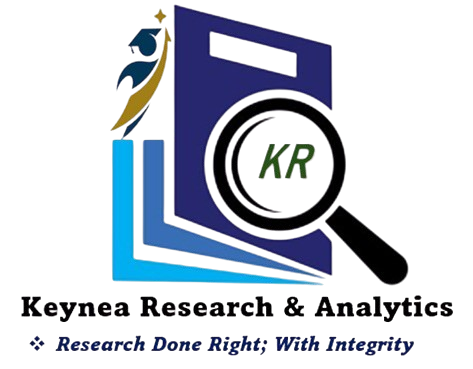Introduction
Every year, thousands of students, professionals, and institutions embark on research projects, hoping to contribute knowledge, influence policy, or fulfill academic requirements. However, many of these projects falter before they even get off the ground. The reasons are many, but most fall into a few avoidable traps: unclear research questions, poor planning, weak methodology, or lack of support. In this post, we explore why most research fails before it starts—and how Keynea Research Consultancy can help ensure your research doesn’t.
1. Weak or Vague Research Questions
A research question is the backbone of any study. Without it, everything else collapses. Many researchers start with a general topic like “climate change” or “student performance” without narrowing it down to a question that is specific, measurable, and answerable. At Keynea, we work closely with clients to refine their ideas into focused, researchable questions that guide every aspect of the study.
2. Lack of Conceptual and Theoretical Frameworks
Even well-framed questions can be undermined by the absence of a theoretical foundation. A conceptual framework defines how key variables interact. A theoretical framework grounds the study in established scholarship. Without these, data collection becomes directionless and findings lack context. Keynea helps clients build strong, defensible frameworks that align with their academic fields.
3. Inappropriate Methodology
Choosing the wrong methodology is a critical failure point. Some studies need surveys, others need interviews, experiments, or case studies. At Keynea, we assess your objectives and guide you to the most suitable design—quantitative, qualitative, or mixed methods—while ensuring the tools and sampling are correctly matched.
4. Poor Planning and Time Management
Many researchers underestimate the time needed for ethical approval, tool design, data collection, analysis, and revision. This leads to rushed, low-quality work or missed deadlines. Our consultants help you create realistic timelines and project plans to manage your study efficiently.
5. Data Collection and Tool Errors
Poorly designed questionnaires, interview guides, or experiments can ruin a study. We help clients pre-test and revise tools to ensure clarity, relevance, and reliability—preventing problems that could invalidate findings.
6. Inadequate Data Analysis Skills
Even when data is properly collected, many researchers struggle with analysis. Whether you’re using SPSS, STATA, R, NVivo, or Excel, we provide direct support and training to help clients clean, analyze, and interpret their data accurately.
7. Lack of Academic Writing Expertise
Writing a research report, thesis, or manuscript is an entirely different skill set. At Keynea, we assist with structuring arguments, integrating citations, polishing language, and adhering to formatting styles—turning raw results into coherent narratives.
8. Isolation and Lack of Mentorship
Many researchers work alone, without feedback or guidance. This leads to uncertainty, repeated errors, and burnout. Keynea offers continuous, personalized support—from early topic development to final defense or submission.
Conclusion
The best research isn’t just about what you study—it’s about how you prepare, design, and execute the process. By avoiding early mistakes and getting expert support, you dramatically improve your chances of success. At Keynea Research Consultancy, we don’t just help you finish. We help you start right—and build confidence, clarity, and quality into every step of your project.


